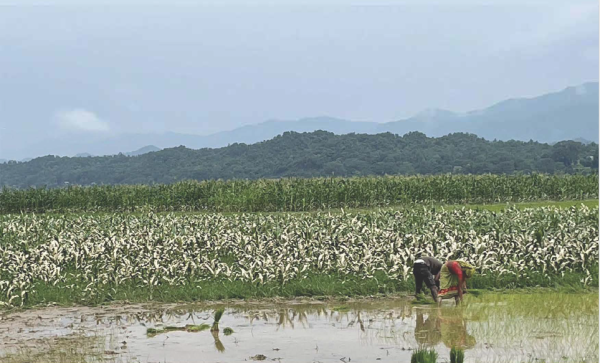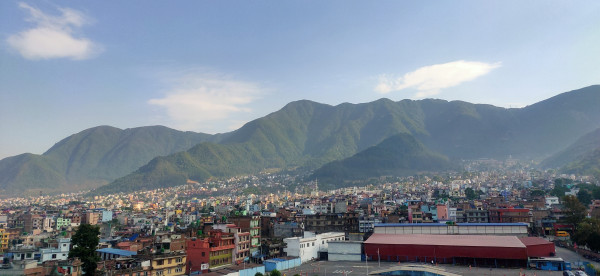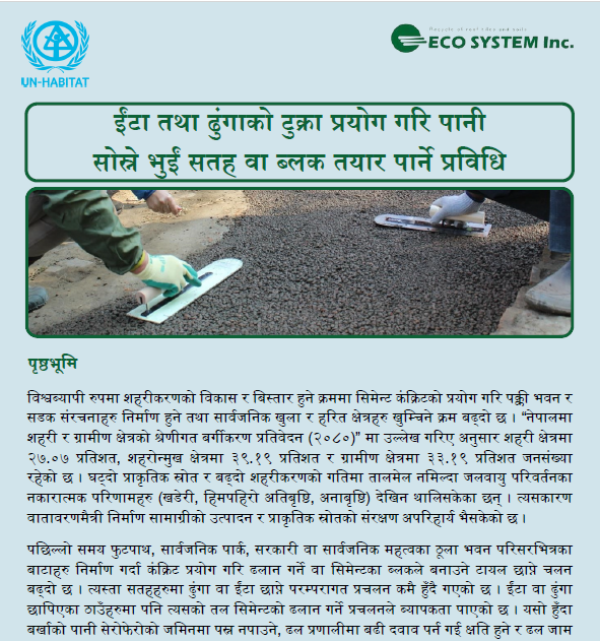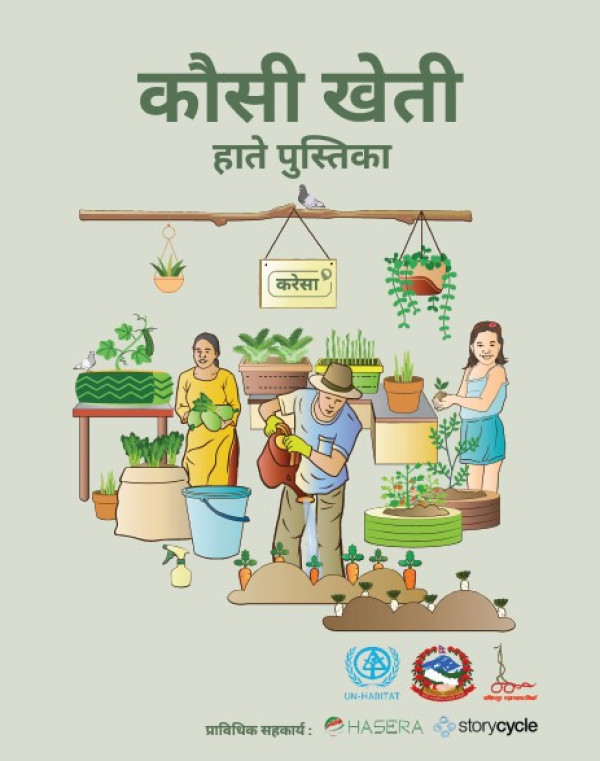National Land Forum discusses on Responsible Land Governance: International Trends and Current Reform Initiatives in Nepal held in Kathmandu
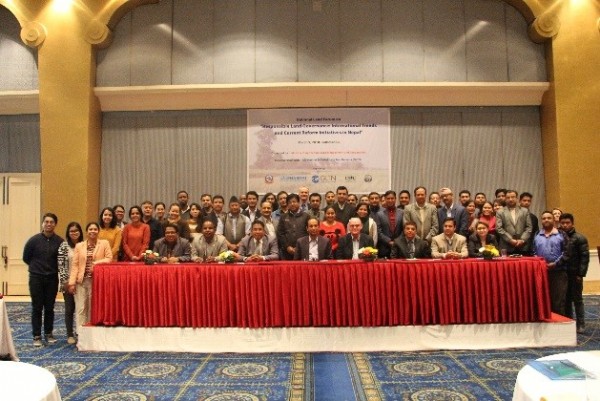
On 9 March 2018, Ministry of Agriculture, Land Management and Cooperatives (MoALMC) with the support of Global Land Tool Network (GLTN) and UN-Habitat conducted a “National Land Forum on Responsible Land Governance: International Trends and Current Reform Initiatives in Nepal” in Kathmandu. The overall purpose of the programme was to share on the current reform initiatives being undertaken in Nepal including land policy development post- earthquake disaster and the promulgation of the Constitution in 2015 and to discuss on the different innovative land tools and approaches on Fit for Purpose Land Administration (FFPLA) to implement them.
The programme draw on a wide range of national and international expertise and achieved learning through practical examples of successful application of the tools mainly in Nepal and elsewhere. There were altogether 86 participants among which 24% were female. The participants represented 40 different organizations which included different government, non-government, INGOs and academic institutions in Nepal.
The discussions focused in relation to Global Land Tool Network (GLTN) tools and approaches and the context of country level engagement in Nepal highlighted by Mr Danilo Antonio from UN-Habitat, Nairobi. The presentation on Good Land Governance, International Framework for Pro-poor Gender sensitive Land Policy and Fit For Purpose Land Administration from FIG Honorary President Prof Stig Enemark gave the insight on these concepts and approaches and how they work. Mr Kamal Ghimire from National Reconstruction shared the land and tenure issues in post-earthquake recovery and how they are being dealt to provide land tenure security to construct a house for each earthquake victim. Mr Goapl Giri from MoALMC highlighted on the key features of the draft national land policy which has a base on the Continuum principles to addressing to the security of different existing land tenure types in Nepal. A Fit For Purpose Land Administration strategy for the implementation of proposed national land policy was also shared in the learning exchange.
The programme provided a platform for lively and open communication between the stakeholders and the concerned Government organizations. The feedback and inputs provided will help to promote and implement appropriate land policies, tools and approaches that are pro-poor, gender responsive, effective and sustainable in the post-Constitution and post-earthquake recovery context. The interest of GLTN in Nepal and the commitment of government to work on fit for purpose and a pro-poor gender responsive land administration was strengthened and this “National Land Forum” indicate a good momentum for all to work together in the future and an incentive for additional inputs for country level engagements.


